There was a big change in tastes around the middle of the 1800's. But it was Mild Ale that was the new object of drinkers' affections. Pale Ale remained an expensive niche product until the introduction of cheaper Bitters towards the end of the century. Only in the 1900's did Bitter really become a drink of the masses.
Let's look at Whitbread's Ale output in the years 1881 to 1933.

In 1881, the three Mild Ales, X, XL and XX accounted for over 90% of the Ales Whitbread brewed. PA was a measly 5%. By 1891, with the help of the lower-quality 2PA and FA, Bitter had doubled its share to 10%. In 1901 the tide was definitely turning in Bitter's favour - it was up to 30%. By 1910 Bitter was snapping at the heels of Mild, trailing by just 11 points. Between the wars, Bitter takes the lead.
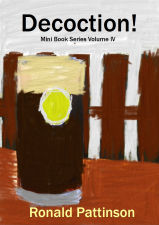



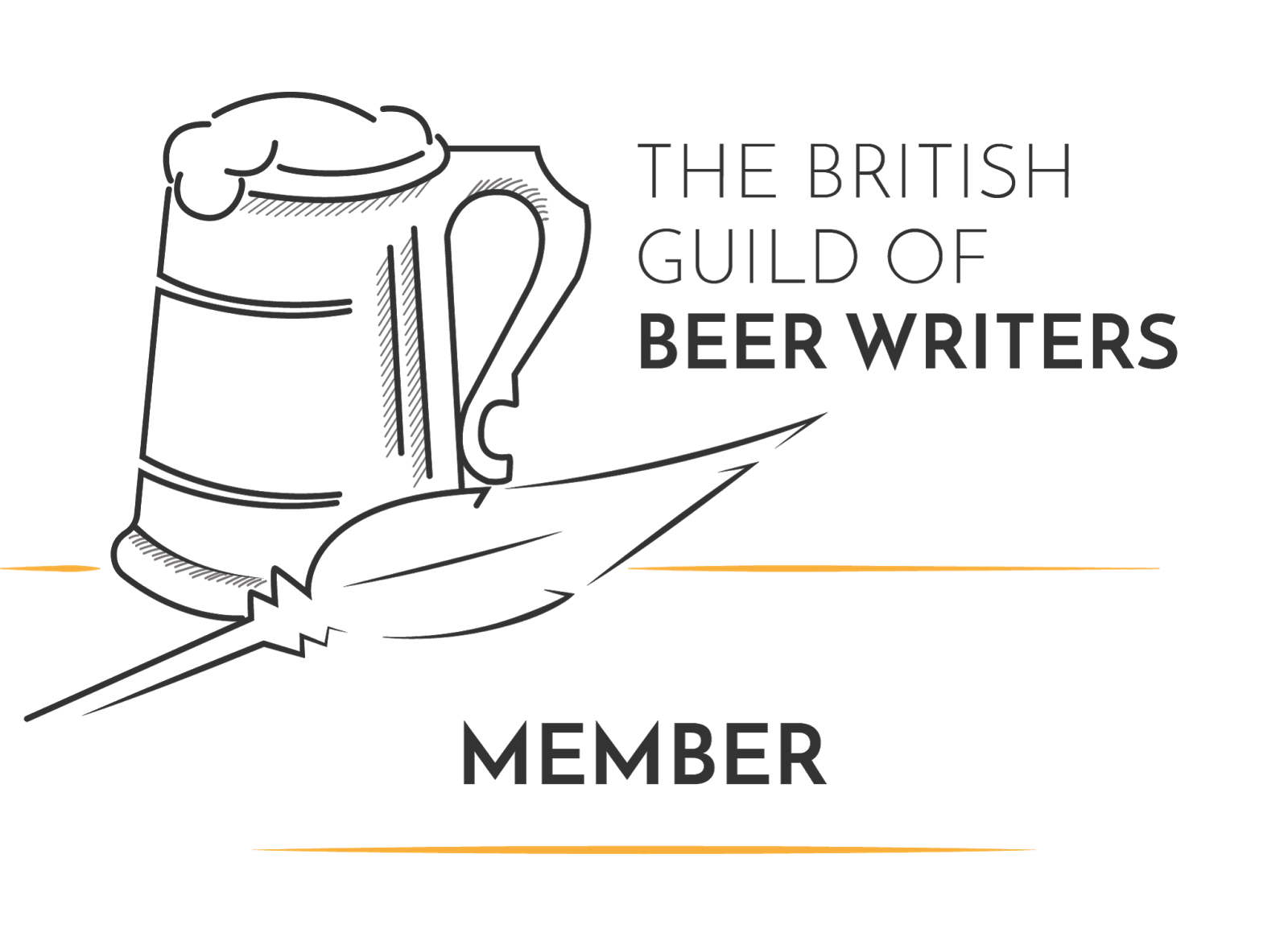









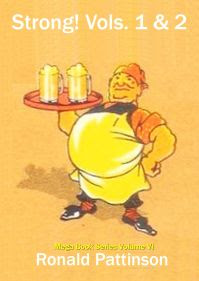

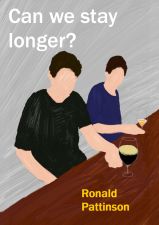
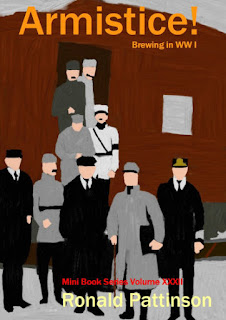
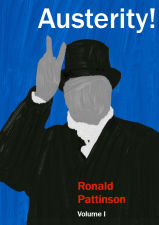

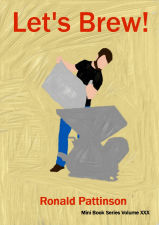

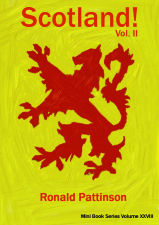
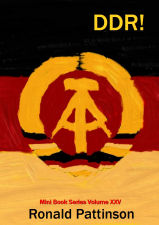


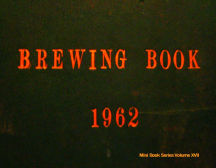
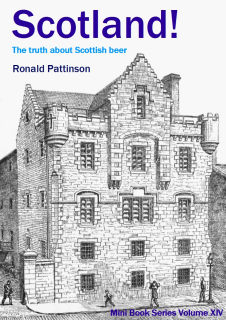
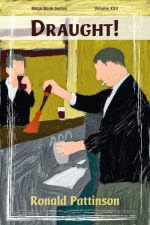

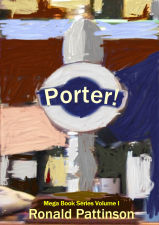
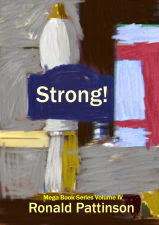
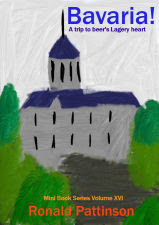

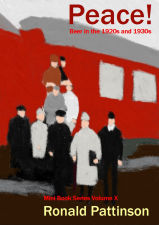

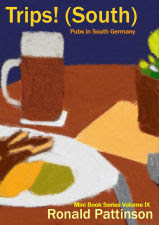
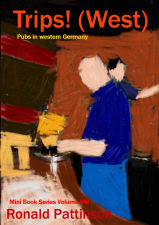
































4 comments:
Ron, have you read The Ragged Trousered Philanthropists by Robert Tressell? Quite aside from being a great read (although the ending is a little too sentimental) lots of the action takes place in pubs, and they're described in great detail. The book was written by a working man in about 1905, I think.
If I recall correctly, the only beers mentioned are porter and mild. It's also noticeable that the characters tend to drink halves rather than pints.
Thought you might be interested.
No, I haven't read The Ragged Trousered Philanthropists. The pub scenes sound interesting.
Around 1900 a lot of people seemed to have used the pub as an office. This is from Charles Booth:
"Public houses meet a real want: by some they are needed as a refreshment house, by others as a club, by others as a place of business. The `poney` glass or small half pint glass is the outcome of the use of public houses as places of business. Come and have something is the regular prelude to doing business with some people. Neither side wants to drink much but they want an office. They ask for a poney glass, they get their apology for drink and they get their office. the publican charges the same for a `poney` as for an ordinary half pint and so recoups himself for wear and tear of premises."
I was told that in Edinburgh, right into the 19th century lawyers generally didn't have offices and just met clients and their peers in pubs to do business.
Sounds very civilised. I'd like to conduct my business in a pub, too.
Post a Comment